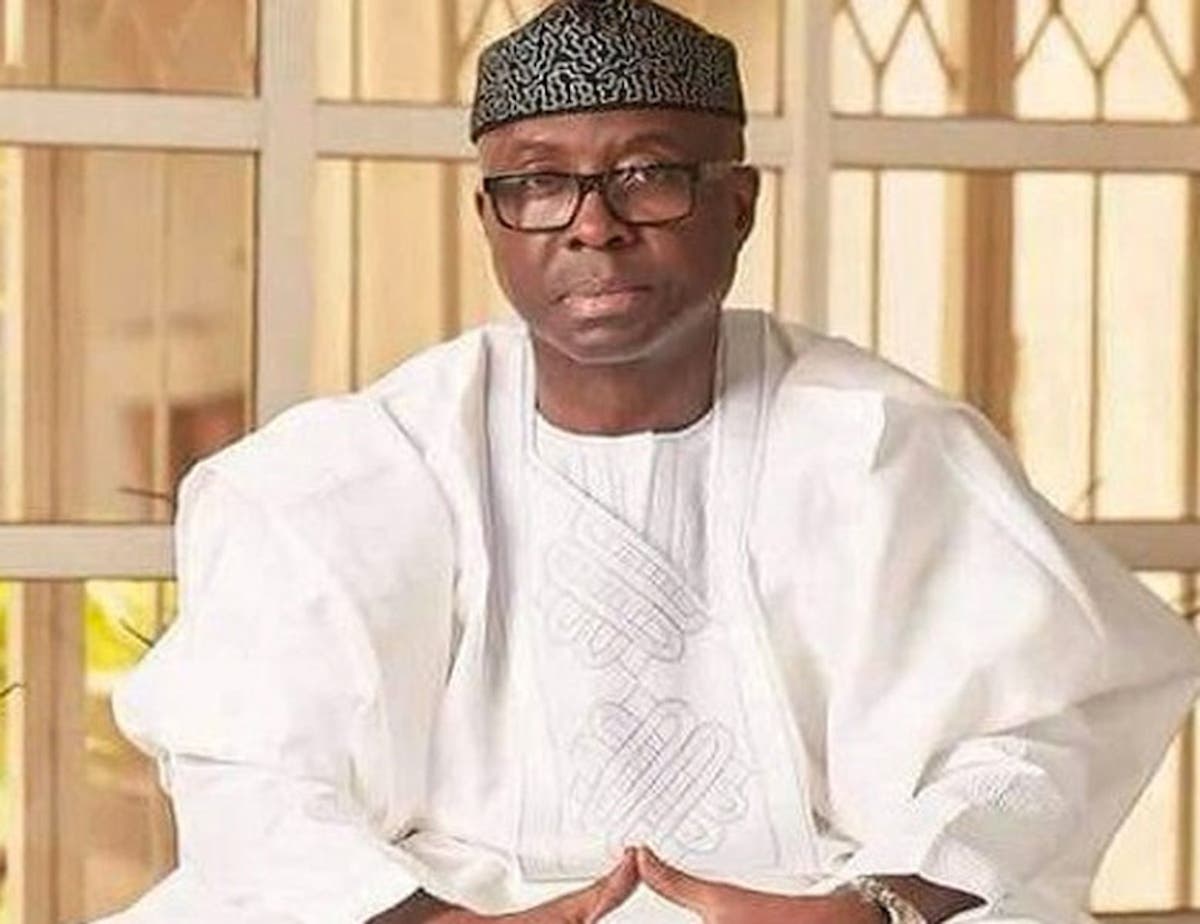More federal agencies and private sector operators have realized the imports of synergy and effective partnership to drive ease of doing business and seamless service delivery.
In the maritime sector, new partnership is in the air following the recent working visit to the Nigerian Shippers’ Council (NSC) by the Director General of Manufacturers’ Association of Nigeria (MAN), Mr. Segun Ajayi-Kadir, recently.
Explaining the reason behind the visit, Ajayi-Kadir said “We cannot be operating in an environment that is not regulated. The nation could not have desired a better regulated port environment than now those businesses are expressing excruciating pains as a result of the biting recession”.
“The Federal Government’s economic recovery blue-print cannot be said to be holistic if the strategies of encouraging business growth through reduction in cost of doing business at the ports are not included.
He averred that MAN observed that despite a series of complaints and engagements with the relevant government agencies and ministries, the terminal handling charges in Nigeria’s ports still remain relatively high when compared with neighbouring ports in West and Central African region.
He was quick to point out that Nigeria’s ports are grossly uncompetitive and cannot attract patronage, irrespective of how patriotic a business man wants to be because certain regulatory frameworks that have continued to serve as hiccups in the ease of doing business.
A vocal Council member of MAN, Chief John Aluya harped that “We need a port economic regulator; otherwise the port will be in a mess. We applaud NSC for all its strides in the maritime industry and MAN will be willing to support you to ensure that we have a port regulated environment”.
“MAN would like to be a part of the transport logistics plan in progress because when the cost of transportation is high the cost of product will be high. The Inland Container Depots (ICDs) will bring down the cost of doing business lower to our members. Equally, we applaud the Truck Transit Park (TTP) initiative with eight locations. We want to have them as soon as possible but we must emphasis that NSC needs a good legal framework to work better.”
In his response, the Executive Secretary and Chief Executive of NSC, Bar. Hassan Bello noted that one of the Council’s goals is to reduce the cost of transportation and port charges through competition not by fixing prices, adding that Nigeria cannot attain the hub port status by fiat as there is competition among the ports in the West and Central African region.
According to him, “We cannot declare a hub status, we have to work and earn it. There is nothing like cargo diversion; it is a calculated decision. The cost of doing business in Nigeria’s port is still high and that explains why cargo owners route their cargoes to other competitive neigbouring ports around”.
He said his main target as a member of the federal government’s ease of doing business committee is to avail consumers of port services competitive offerings, saying NSC would not take delight in seeing terminal operators and shipping companies operating at a loss because they have invested so much financially in the economy.









